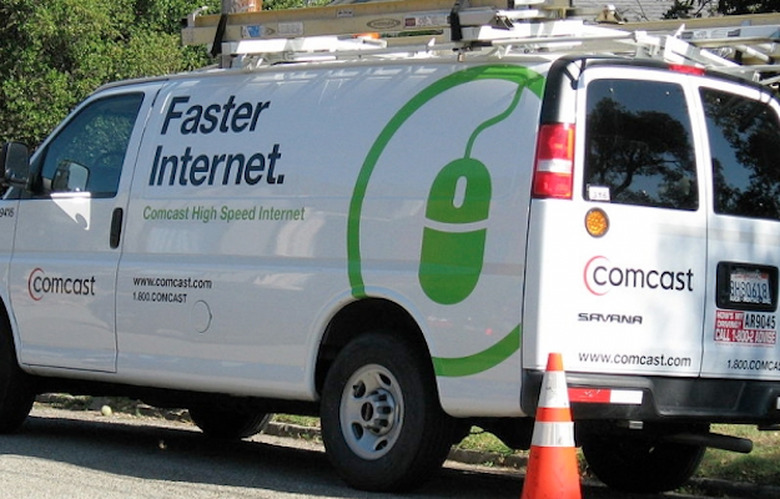Fed Up By Slow Internet Service, Comcast Customer Finds An Ingenious Way To Fight Back
If you've got the skills to pull it off, there's a very simple thing you can do to simultaneously shame and troll your ISP for your underperforming Internet service. At least one Comcast customer has pulled off a brilliant scheme that works by setting up a Raspberry Pi bot that automatically tweets at Comcast whenever Internet speeds are far below what's promised in the contract.
DON'T MISS: 12 paid iPhone apps that are free downloads for a limited time
We've all been there: Internet speed drops without no explanation, and the ISP is reluctant to take any responsibility or to actually fix it. So then why not complain publicly about it? And why not do it automatically, to mark all those moments when Internet speeds drop below what's acceptable?
One Comcast customer did just that. He powered a Twitter bot with the help of a Raspberry Pi computer and the machine automatically tweets the speed to Comcast every time the download speed falls below 50Mbps. The best part is that's not even the maximum speed he's supposed to get, but just a third of it.
So far, the bot has more than 1,400 followers and has posted some 20 automatic messages. Here's the last one:
Hey @Comcast why is my internet speed 31down\9up when I pay for 150down\10up in Washington DC? @ComcastCares @xfinity #comcast #speedtest
— AComcast User (@A_Comcast_User) February 1, 2016
But, as he explains on Reddit, he did not share any customer details with Comcast, even though the ISP did reach out.
"Comcast has noticed and every time I tweet they will reply asking for my account number and address...usually hours after the speeds have returned to normal values," he said. "I have chosen not to provide them my account or address because I do not want to singled out as a customer; all their customers deserve the speeds they advertise, not just the ones who are able to call them out on their BS." That means the problem isn't fixed.
More details about this awesome Twitter bot are available on Reddit.
